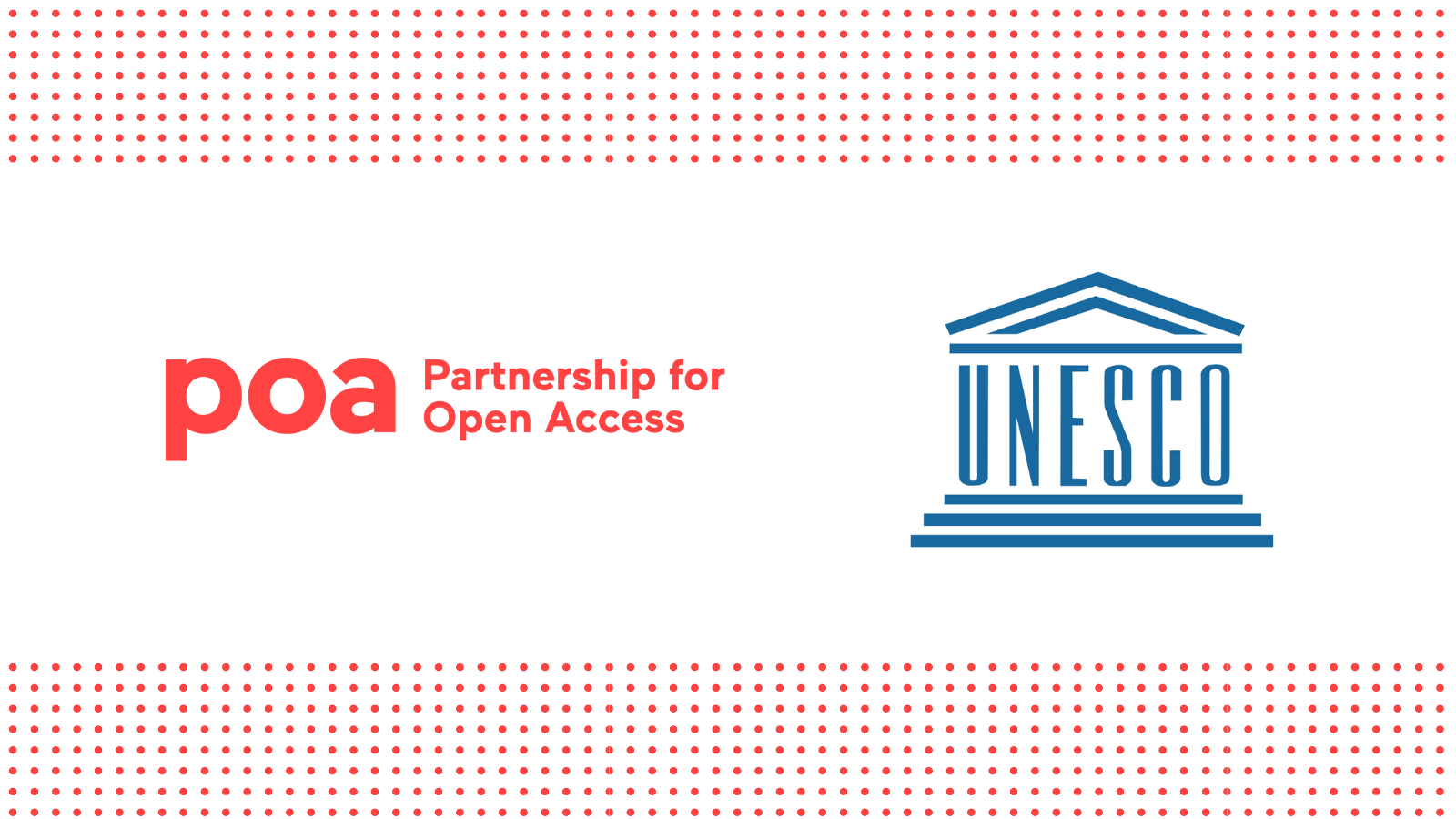
The Partnership for Open Access (POA) was recently included in UNESCO’s Open and Inclusive Science Hub, a directory of ambitious initiatives aiming to make access to research and scholarly publishing more equitable.
UNESCO and Open Science
In 2021, UNESCO adopted the Recommendation on Open Science, an international framework designed to reduce inequalities in access to scientific knowledge and technological infrastructure. The Recommendation promotes transparency, collaboration, and accessibility, with the goal of accelerating scientific progress and the democratization of knowledge.
The creation of the Open and Inclusive Science Hub is one of the concrete actions resulting from the Recommendation. The Hub compiles examples of initiatives from around the world that contribute to promoting open science or gender equality in science.
A Positive and Multifaceted Impact
A cornerstone of Érudit’s strategy, the Partnership for Open Access (POA) aims to build a collective, equitable, and robust path for the dissemination of knowledge by supporting the growth of diamond open access. By including the POA in its Open and Inclusive Science Hub, UNESCO recognizes the positive impacts of our initiative on the scientific ecosystem, including:
- Developing an enabling policy environment for open science;
- Fostering a culture of open science and aligning incentives for open science;
- Investing in open science infrastructures and services;
- Promoting international and multi-stakeholder cooperation in the context of open science in order to address digital, technological and knowledge gaps.
To learn more about UNESCO’s recognition of the POA as an open science strategy, read its entry in the Open and Inclusive Science Hub.